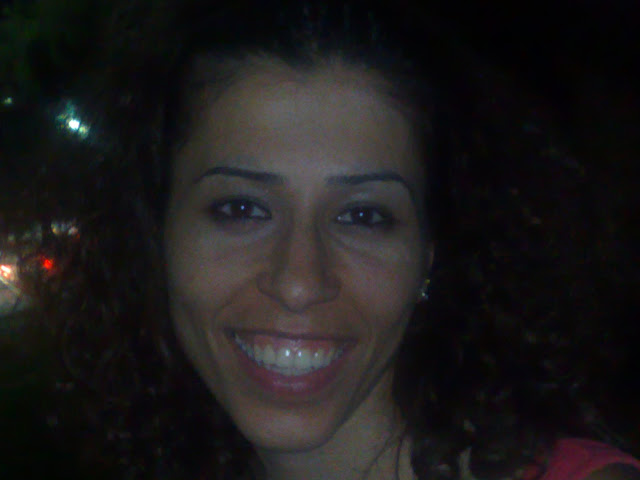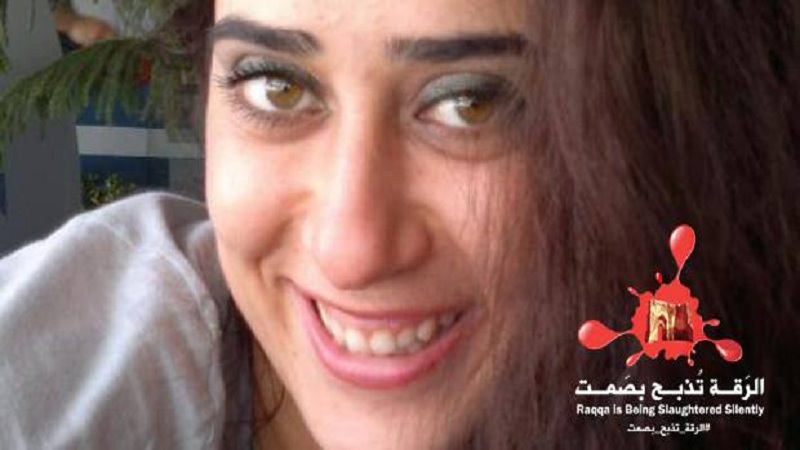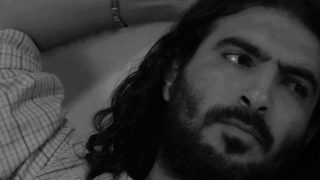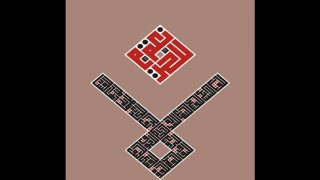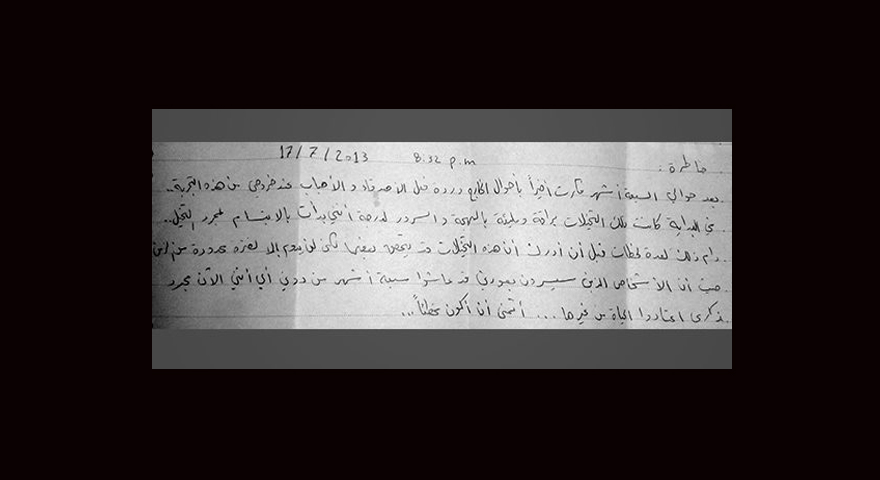The regime has fallen, and Assad is no more. Do you grasp what that truly means? No more bombings, no more hunger, no more terror, no more sieges. All of the regime’s prisons have been opened, and all the detainees were released alive. Yet, tragically, the remains of many martyrs who perished under torture have also surfaced. If only you could have witnessed the scenes of those who emerged from the prisons, even from Sednaya prison. They initially believed Assad had granted an amnesty, unable to fathom that such a brutal regime had been overthrown—that we were finally free from its oppression and its stranglehold on our country for 54 long years.
On 8 December 2024, the regime fell forever. Assad was gone, and our freedom as Syrians began. That day was a whirlwind of emotions: joy at the end of Assad’s era, sorrow for those we lost since 2011, and hope that the fate of the forcibly disappeared, abducted, and missing would finally come to light, bringing solace to grieving families and bereaved mothers.
Yet, our joy, Samar, is incomplete without you and the revelation of your fate. I don’t know what to say to you. Since the tyrant’s fall, I have clung to the hope of discovering new information about you and Mohammed. I believed that the opening of prisons and the release of detainees would provide answers and uncover the fate of everyone held captive, including you. But, tragically, there is still no news. I understand that uncovering your fate demands patience, waiting, time, thorough investigations, analyses, and international committees. Still, I am weary of endlessly constructing scenarios in my mind. Despite this, I remain steadfast in my hope—for your sake and my own.
This is just the beginning, with the hope that Syria will grow more beautiful for all of us—women and men, minorities and majorities, believers and secularists, agnostics and atheists, gay and straight alike. That we all may enjoy the same rights and opportunities, without exception, living in dignity and freedom without discrimination or favoritism. And with the hope that we will hear joyful news about you, news that will bring comfort to our hearts and complete our joy, which remains incomplete without you.
As I write these words, memories of your life flood back to me, each detail vivid. Since your youth, you were always strong and fearless, driven by impulse and undeterred by the potential consequences of your actions or choices. Your freedom knew no bounds. You lived with unrestrained spontaneity—in your giving, your assistance, your support, and your emotions. Yet, you never expected anything in return from anyone.
Samar, since your disappearance, I have been living in hope that one day I will know what happened to you.
When the revolution began, you were among the first to enthusiastically participate in demonstrations and provide support to families and those in need. Your fear did not stop you from continuing, despite the regime’s brutal practices to prevent demonstrators from peacefully protesting, expressing themselves freely, and voicing their desire to overthrow the regime. Instead, it motivated you further to set an example for others, encouraging them to live that unique historical moment as the Arab Spring finally reached Syria — a dream we were once afraid to imagine and were now beginning to live on a land that had endured years of repression, pain, and the suppression of thousands of voices under the brutality of the Assad family, which monopolized power and terrorized the people.
Samar, as always, you were enthusiastic and completely unguarded during demonstrations, protests, and your peaceful activities. Life has taught us that every action carries a price, whether positive or not. I don’t think it ever crossed your mind—or ours—that the price you would pay would be so steep. Otherwise, we all, including you, might have reconsidered, exercised more caution, or pressured you to take steps to ensure the cost would be less painful, shorter, and safer for you and for us.
At the beginning of the revolution, I was between Aleppo and Damascus. Whenever I was with you in Aleppo, you would involve me in the demonstrations and activities you led, without much preparation or planning. It was simply how you were—a part of your life as much as you were a part of my own.
I clearly remember the day when we planned to meet with other women in the Al-Midan area of Aleppo during the early months of the revolution. We had agreed to write a statement condemning the regime’s brutality in suppressing peaceful demonstrations, demanding the right to protest freely in the streets, and denouncing the arbitrary arrests carried out by security and police forces against demonstrators.
A secret meeting was arranged for a group of women at the home of a young man from Aleppo in the Al-Midan neighborhood. The walls of the room where the filming would take place were covered with curtains to conceal the location and protect the young man from any potential danger.
The women agreed to wear shawls that fully covered their faces, hands, and any other identifying features to ensure anonymity, as the exposure of one could endanger the others. The mission was carried out successfully and smoothly, and once the filming was complete, the location was quickly evacuated. The statement was later broadcast on Al Jazeera.
Later, in early 2012, you helped provide for thousands of displaced families from Homs, Idlib, and Deir ez-Zor. These families were forced to leave their homes and flee to Aleppo in search of safety for themselves and their children due to the regime’s indiscriminate bombing of areas that had risen against it. The displaced families settled in schools that had been evacuated and designated as shelters.
This is just the beginning, with the hope that Syria will grow more beautiful for all of us—women and men, minorities and majorities, believers and secularists, agnostics and atheists, gay and straight alike.
Your activity, as I remember now, focused on meeting the basic needs of families in terms of food, medicine, milk, and food baskets, by coordinating volunteer work among a network of your friends. Your work was not limited to communicating with families and meeting their needs, but also extended to include volunteer activities for children, and spending more time with them in an attempt to mitigate the negative impact of displacement and war on their psychological state, especially since their lives, world, and routine had been turned upside down. They had to accept that their lives would not return to the way they were, and they would not go to school again to continue their education, nor would they play, nor would they meet their friends with whom they used to spend most of their time.
You continued your peaceful activity and provided aid until you had the opportunity to pursue postgraduate studies in Egypt, and obtain a master’s degree from the Faculty of Archaeology, where you studied.
You didn’t want to leave, I remember, but the encouragement of your family and friends convinced you to travel. They told you that you could return to Syria and continue your activities after you finished your studies. You were convinced and traveled reluctantly, sad about your decision to leave. In 2013, Samar, you returned to Syria, specifically to your hometown, Atarib in the Aleppo countryside, at a time when it was under the control of ISIS.
You were not wearing the hijab that day and were determined to refuse to wear it. You were determined to prove your point of view and challenge what ISIS imposed on the people, and you were determined to rebel and fight against the organization’s laws and rules in the region despite your mother’s attempts to convince you not to do so and not to take that risk, given the dire consequences. But it certainly never occurred to you or your mother that the consequences would reach the point of kidnapping.
During your time in the village with your friend Mohammed Al-Omar, you decided to take many pictures of the places that ISIS had destroyed in the area. You didn’t stop there, but also asked the locals about their opinions on ISIS control, their unjust laws, the restrictions on freedoms, and the dress code they were forced to adhere to.
What happened? What we learned, Samar, is that someone must have passed that information on to ISIS, and the organization apparently knew where you, Mohammed, and your mother were. You were walking down one of the streets on your way back home when three cars suddenly stopped near you. We learned later that several masked gunmen in civilian clothes got out of the cars. One of them grabbed Mohammed, pointed a gun at his head, and forced him into one of the cars. Another gunman came toward you, grabbed you by the hair, pointed his gun at you, and forced you into one of the cars as well. Your mother tried to intervene and protect you, but she was unable to save you, despite her desperate screams and pleas for help.
The cars disappeared, along with you and Mohammed, on 13 August 2013, and since then, your mother has been searching for you, but unfortunately, to no avail.
Your family, Mohammed's family, and your friends still hold on to hope, and we are all still waiting for any information about your whereabouts or news that would reassure us that you are well. The hope remains that one day justice will be achieved for all those who suffered, were tortured, kidnapped, and forcibly disappeared in prisons, and that the day will come when all detainees and the forcibly disappeared, whether in the regime’s prisons or in ISIS’s, will be released.
The cars disappeared, along with you and Mohammed, on 13 August 2013, and since then, your mother has been searching for you, but unfortunately, to no avail.
Samar, since your disappearance, I have been living in hope that one day I will know what happened to you, and my hope grew when Assad fell, but so far there is no new information. I don’t know if hope makes the burden of the days easier and helps us continue, or if it just increases the pain, the illusion, the dream, and the disappointment. Waiting is exhausting, and the possibilities are many. Hope is tiring, but perhaps living without hope is even more exhausting.
Assad is gone indeed, but he took the details of our Syrian story with him. Our joy was incomplete, mixed with pain, sadness, helplessness, loss, and the shock of what we witnessed. Assad ran away indeed, but our story is not over, our wound has not healed or recovered, and our pain has not ended. Where are you? He left and brought us back to the beginning. Our hope of knowing your fate grew, only to be shattered by the scenes of mass graves. Now, we are left floundering and waiting.
Our questions remain unanswered, and the mothers are grieving, waiting to know what happened to their sons and daughters. The Syrian wound is still bleeding and inflamed, and we are still waiting for an end to this pain, for answers about what happened to you, so that we can close our wounds and move forward in building a new Syria. I will continue waiting for you, and I hope that you are in a good, peaceful, and calm place, where there is no fatigue or pain.


